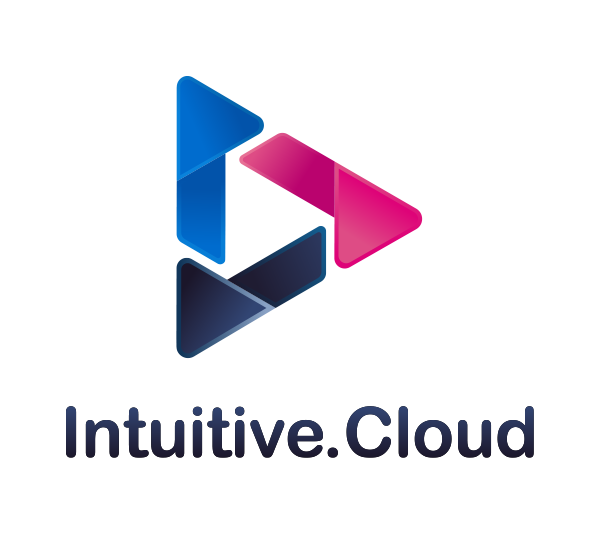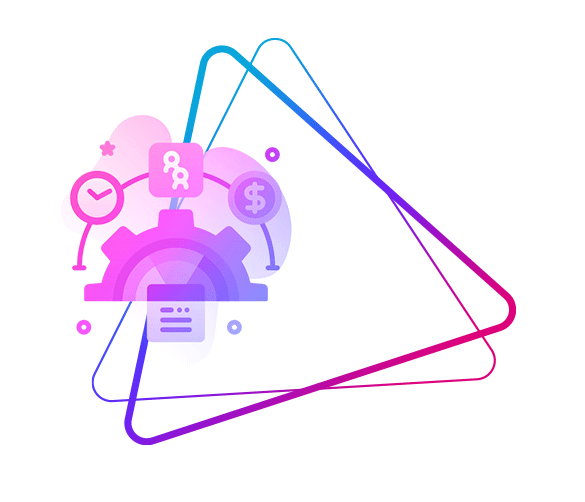Challenges in Non Clinical-AI Application & How AI Can Help
By partnering with Intuitive.Healthcare, you're not just implementing AI technology; you're gaining a strategic partner with expertise in both AI and healthcare operations. Our solutions are tailored to help you optimize your non-clinical functions, reduce costs, and enhance decision-making across your organization.
The application of AI in non-clinical healthcare operations faces several distinct challenges:
Operational Inefficiencies
Healthcare organizations often struggle with fragmented workflows across departments such as supply chain, HR, and finance. This fragmentation leads to inefficiencies, manual effort, redundant tasks, and increased operational costs.
Resource Allocation
Optimizing the allocation of resources, such as staffing, inventory, and medical supplies, is a complex challenge. Ineffective forecasting can lead to overstocking, stockouts, and inefficiencies and adverse impact on clinical support functions.
Data Silos
Non-clinical data, including financial, operational, and HR data, are often siloed across different departments and systems, often have data quality issues, making it difficult to extract meaningful insights and optimize decision-making.
Manual Administrative Processes
Many non-clinical processes, such as billing, insurance claims processing, and payroll management, are still often rely heavily on manual activities. This increases the risk of errors, delays, and administrative bottlenecks.
AI can address these challenges in several impactful ways:
Automating Routine Tasks

AI-driven tools like chatbots and virtual assistants can automate administrative tasks, such as scheduling, billing inquiries, and customer support, enabling staff to focus on more strategic tasks.
Optimizing Resource Management

AI-powered predictive modeling and optimization algorithms can streamline resource allocation, from staff scheduling and supply chain management to inventory control, ensuring that resources are used efficiently.
Breaking Down Data Silos

AI facilitates seamless integration across systems, providing a unified view of operational data. This allows for data-driven decision-making that enhances overall organizational efficiency.
Enhancing Decision-Making

By analyzing historical and real-time data, AI provides actionable insights that empower decision-makers, improve forecasting, and help organizations make smarter financial and operational choices.
Democratize experimentation with low-code / no-code prototyping

Low code and no-code of GenAI use case solutioning enables rapid prototyping that can then be ported to enterprise solutions.
Intuitive Superpower Benefits and Accelerators
At Intuitive.healthcare, we leverage our "superpowers" to provide AI solutions specifically designed for non-clinical healthcare needs. Here’s how we address key operational challenges with AI:
GenAI
Virtual assistants and intelligent chatbots automate administrative tasks such as patient scheduling, appointment reminders, insurance verification, and handling routine inquiries. This reduces the workload on support staff and enhances patient experience. Automated customer support for billing and queries can also quickly resolve common issues without the need for manual intervention, improving both efficiency and patient satisfaction.
Simulation-Assisted Optimization
AI-driven simulations can optimize staffing rosters and staff assignments, ensuring that human resources are utilized efficiently. We also apply simulation-assisted optimization to supply chain management, improving inventory forecasting, delivery schedules, and reducing excess stock or shortages. Logistics management can be optimized through AI simulations that model different operational scenarios, ensuring that healthcare facilities are equipped to handle varying demand and resource constraints.
Predictive Modeling
Financial forecasting using AI can predict revenue streams, optimize budgeting, and assist in identifying cost-saving opportunities. Resource forecasting helps manage staffing needs, inventory levels, and supply chain demands by predicting trends based on historical data. This results in improved operational planning, reduced waste, and better preparedness for fluctuations.
Computer Vision
Automated document processing through computer vision and optical character recognition (OCR) can digitize medical and administrative paperwork such as invoices, insurance claims, and contracts, greatly improving data handling efficiency.
Responsible AI
We implement Responsible AI practices to ensure fairness, transparency, and ethical decision-making support in non-clinical AI applications. This includes ensuring equitable treatment in automated decisions related to staffing, payroll, and resource allocation, while ensuring compliance with healthcare regulations.
Case Studies
Why Choose Intuitive.Healthcare to drive your data platform modernization journey?
At Intuitive.healthcare, we combine cutting-edge AI technology with deep subject matter expertise across non-clinical operations. Here's why working with us is the right choice:
Comprehensive AIOps Expertise: We offer full-spectrum support, including DevOps, DataOps, security, and governance, ensuring your AI models are secure, compliant, and efficiently deployed.
Rapid and Reliable Deployment: We ensure that AI solutions are deployed in the shortest time with the highest quality, maximizing the return on your investment and ensuring that AI-driven optimizations deliver long-term results.
Specialized Expertise in Non-Clinical Operations: Beyond technology, we bring in experts who understand the intricacies of healthcare’s non-clinical functions. From financial management to HR and supply chain, we design AI solutions that address real-world challenges and streamline operations.
Holistic AI Implementation: Our approach covers the entire lifecycle of AI implementation—from development and deployment to optimization and post-launch support. We ensure that AI solutions align with your business needs and drive continuous improvement.

